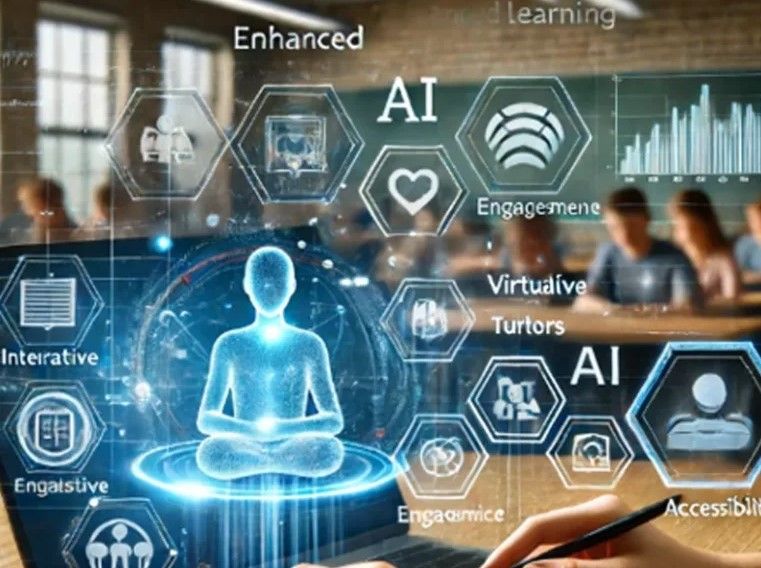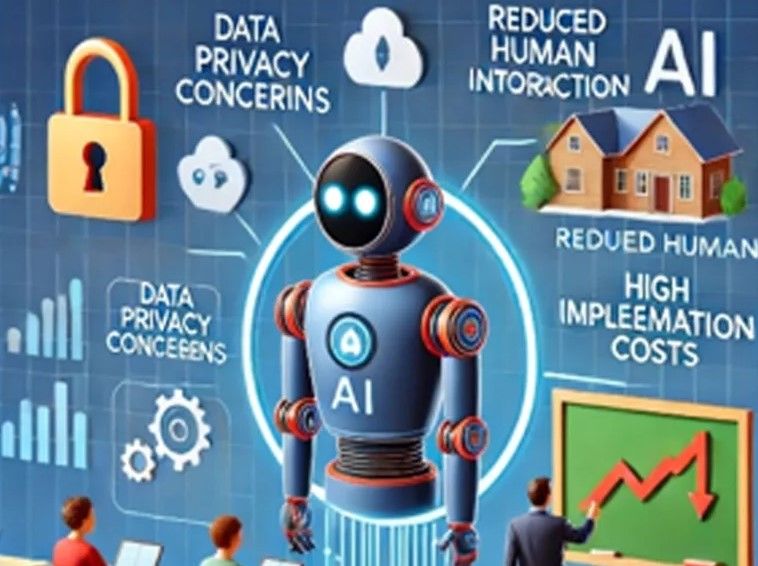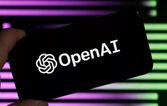
Artificial Intelligence (AI) is transforming industries worldwide, and education is among the most profoundly impacted. Online learning platforms, once seen as supplemental tools, are now central to how people learn, offering accessibility, flexibility, and affordability. Yet, the integration of AI into these platforms promises to take online education to new heights, creating a future where learning is not just convenient but deeply personalized, engaging, and effective.
This article explores how AI is reshaping the online learning landscape, highlighting its most impactful applications and what it means for students, educators, and the future of education.
Personalizing the Learning Experience
One of AI’s most transformative impacts is in personalizing education. Traditional classrooms often adopt a one-size-fits-all approach, which fails to cater to diverse learning needs. AI changes this dynamic by tailoring the educational journey to individual students.
AI-powered platforms like Coursera and DreamBox Learning analyze a student’s performance, learning style, and pace, adjusting content accordingly. For instance, if a student struggles with algebra, the platform might present additional exercises, offer video explanations, or simplify concepts until mastery is achieved.
Such personalization fosters deeper engagement and ensures better learning outcomes. It also eliminates the pressure of competition, as students can progress at their own pace without being compared to peers. As an educator, you can use a creating your own avatar maker that helps represent your digital presence in a fun and relatable way. This can boost student engagement, especially in virtual classrooms, by adding a personal and consistent touch to your online materials.
Intelligent Tutoring Systems: A Virtual Mentor
AI-powered Intelligent Tutoring Systems (ITS) are designed to emulate the benefits of one-on-one coaching. These systems provide real-time feedback, explanations, and tailored support. Tools like Carnegie Learning and Squirrel AI have revolutionized tutoring by making it accessible 24/7.
For example, if a student struggles with sentence structure in writing, the ITS can analyze patterns, provide specific feedback, and suggest exercises to address weaknesses. Unlike human tutors, ITS platforms scale effortlessly, offering quality education to millions.
These systems also track long-term progress, adapting to changing needs over time. This data-driven adaptability ensures students receive personalized support that evolves with their learning journey.

Enhancing Engagement Through Gamification
Engagement is critical for effective learning, and AI excels in creating interactive, immersive experiences. Gamification\u2014the use of game elements like rewards, leaderboards, and badges\u2014is one way AI keeps learners motivated. Platforms like Kahoot and Classcraft integrate gamified elements to make education fun and competitive.
Moreover, AI enhances engagement with virtual and augmented reality (VR/AR) tools. For instance, students can explore historical landmarks through VR or interact with 3D molecular models in AR during biology lessons. These hands-on experiences make complex subjects more accessible and exciting.
Another area where AI boosts engagement is Natural Language Processing (NLP). AI chatbots, like those powered by IBM Watson, answer questions, suggest resources, and administer quizzes. This interactivity keeps learners involved and fosters a sense of connection.
Automating Assessments and Feedback
Grading assignments is often a time-consuming task for educators. AI automates this process, freeing up teachers to focus on more impactful activities. Tools like Gradescope and Turnitin use AI to evaluate essays, quizzes, and exams with speed and accuracy.
Beyond grading, these tools provide detailed feedback. For example, an essay evaluation might highlight grammar errors, suggest better phrasing, and identify areas where arguments could be strengthened. Immediate feedback empowers students to improve without waiting days or weeks for results.
Additionally, AI ensures consistency and fairness in assessments, eliminating potential biases that can occur in human grading.
Empowering Educators with Insights
AI doesn’t just benefit students; it’s a game-changer for educators. By analyzing vast amounts of data, AI uncovers trends and patterns in student performance. Tools like Brightspace Insights and Tableau equip educators with actionable information to refine their teaching methods.
For instance, if data reveals that 70% of students struggle with a particular concept, teachers can revisit the material, adjust their approach, or offer supplemental resources. Such insights allow for proactive interventions, improving overall learning outcomes.

Bridging Language Barriers
Language can be a significant barrier to education, particularly in global online learning platforms. AI-powered translation tools, like Google Translate, provide real-time translations of lectures, discussions, and course materials. This inclusivity ensures that non-native speakers can participate fully.
Additionally, AI-driven language tools like Duolingo assist students in learning new languages. By offering instant feedback on pronunciation and grammar, these tools make language acquisition more interactive and effective.
The Future of Education with AI
AI is more than just a tool for online learning; it’s the foundation for a smarter, more inclusive educational future. From personalized learning paths to intelligent tutors, gamified content, and data-driven insights, AI is redefining how we learn. As these technologies continue to evolve, their potential to transform education is limitless.
For students, educators, and institutions, embracing AI isn’t just an option\u2014it’s a necessity for staying ahead in the rapidly changing world of education.








By Radoslav Jokic
Updated on 31st July 2025